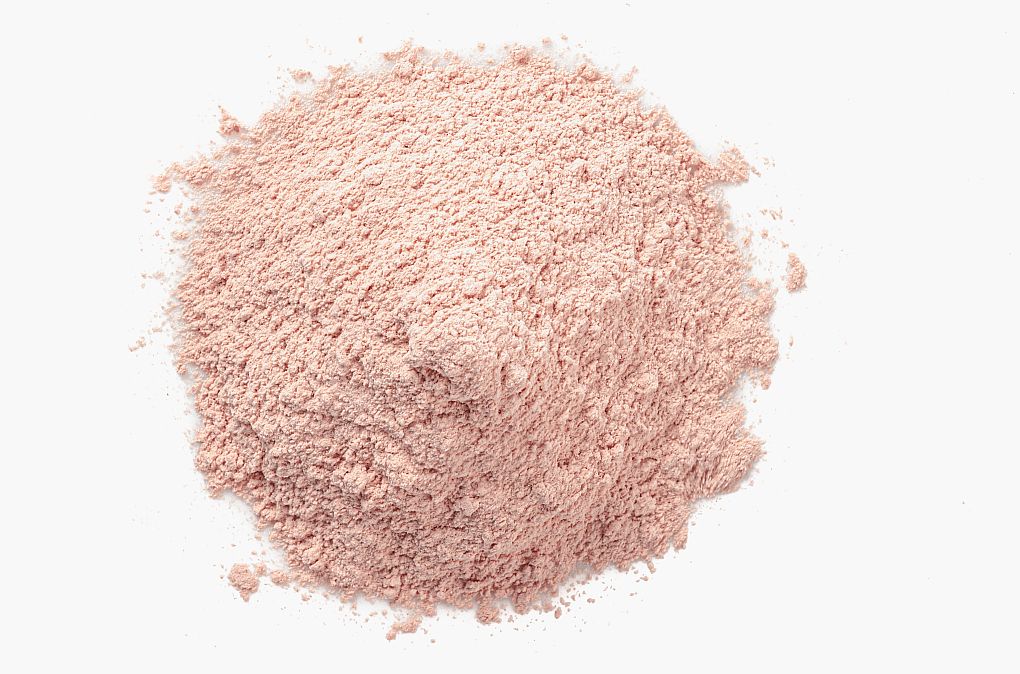New York-based startup Helaina has scaled up production capacity for its precision fermented human lactoferrin (brand name: effera) with co-manufacturing partners to the scale of metric tons.
“That’s 10 million servings of product per production run,” claims the company, which has struck deals with multiple commercial partners who have launched with effera to date, including Kroma Wellness (SuperCore), Levelle, Healthgevity, Kepos (TryKepos), and Young Gut Ultra by Joel Greene, with additional launches planned for later this year. It is also working with Mitsubishi International Food Ingredients, although it cannot reveal details of the partnership at this stage.
“The promise of precision fermentation has always been clear, but the unspoken challenge was whether the technology could handle truly complex proteins in commercially impactful volumes,” said founder and CEO Laura Katz. “This milestone proves that it can. We aren’t just making a simple molecule; we are producing one of nature’s most sophisticated proteins.”
Whey proteins such as beta-lactoglobulin, which is now made by several precision fermentation players, are smaller and less complicated to produce recombinantly, she claimed. “Lactoferrin is a large, highly complex glycoprotein protein and making that through fermentation at the scale we’re operating at will take time for other companies to accomplish.”
Human vs bovine lactoferrin
A bioactive protein found in breast milk and colostrum, lactoferrin is essential for iron balance, immune function, gut health, and a healthy inflammatory response. Helaina expresses it in a genetically engineered strain of yeast and has self-affirmed the ingredient as GRAS (Generally Recognized as Safe).
Several startups are producing bovine lactoferrin via precision fermentation for the adult nutrition market. However, human lactoferrin—which is structurally different to the bovine version—is seen by potential customers as a premium option, Helaina founder and CEO Laura Katz told AgFunderNews.
“We’ve conducted a robust, well-powered clinical study that shows that when people consume our human lactoferrin, you don’t see the body producing antibodies, whereas you do with bovine lactoferrin. We are replacing bovine lactoferrin, which is in short supply as it’s very expensive to purify from cow’s milk, with something that our body better tolerates.
“Not only is bovine lactoferrin an allergen, but the body recognizes it as foreign and clears it out of its system, which means it can’t actually stay in the body as long to confer a benefit. That data is incredibly powerful when we’re talking to customers.”
 Helaina’s human lactoferrin is easy to work with, shelf-stable, and “really robust,” says CEO Laura Katz. “It’s pretty tasteless, especially because the dose is small, and it can work in everything from yogurts and bars to beverages, powders, gummies, and capsules.” Image credit: Helaina
Helaina’s human lactoferrin is easy to work with, shelf-stable, and “really robust,” says CEO Laura Katz. “It’s pretty tasteless, especially because the dose is small, and it can work in everything from yogurts and bars to beverages, powders, gummies, and capsules.” Image credit: Helaina
Women’s health, active nutrition and digestive wellness
While some other startups including Eclipse Ingredients [AgFunder portfolio co] and All G are also working on human lactoferrin via precision fermentation, Helaina—which has raised $83 million in equity funding to date—is the most advanced.
The firm, which is targeting women’s health, active nutrition and digestive wellness markets, is supplying effera to consumer brands in functional foods, beverages and supplements via strategic distribution partners.
A protein that binds and transports iron, lactoferrin is of particular interest to companies in the women’s health arena, given that many women are iron deficient, but experience digestive issues if they take iron supplements, said Katz. “The active nutrition space is also a key opportunity as lactoferrin can help reduce inflammation, which is really interesting to athletes.”
While the innate immune system is built during infancy, the adaptive immune system is constantly evolving throughout the lifecycle, with a body of literature showing there are benefits to lactoferrin consumption throughout the human lifecycle, claimed Katz.
Gut heath, immunity, inflammation
Based on the published clinical data, she said, customers could potentially make several claims around optimizing iron utilization, healthy gut function, healthy inflammatory response and maintaining a healthy immune system.
“What we’re finding in the market with some of the early adopters is a really keen interest in the bio-equivalency of our human milk protein to what’s found in human breast milk. That message is really resonating. It’s also easy to formulate with and plays well with several other key ingredients.”
She added: “As we were the first to bring this human protein to market, we have initially been focused on studies that establish safety and equivalency to what our bodies natively produce. Now we are really focused on a few key pillars of health that lactoferrin impacts, gut health being one of the main areas of focus, as well as immunity and inflammation.”
One customer, Kroma Wellness, for example, has developed a product combining effera lactoferrin with other precision-fermented bioactives including the human milk oligosaccharide 2’-FL that is being pitched as “the first colostrum made for humans.”
“We have studies that we run internally at Helena, as well as clinical research that we’re doing with partners to really dial in on efficacy,” said Katz. “And I would say really with the focus of how low dose supplementation of something that our body natively knows can really move the needle.
“There is also an animal study that shows that when you mix lactoferrin with creatine it enhances muscle recovery.”
According to Katz: “Our body produces lactoferrin throughout life and our lactoferrin levels fluctuate, especially as women, in response to estrogen, and there’s a lot of interesting applications within the world of women’s health. So we see a huge opportunity, like you’ve seen in the past with collagen or creatine: our bodies make this stuff, but supplementing with more has been demonstrated to show real benefits.”
‘A completely new category and opportunity’
Katz added: “Lactoferrin plays such an important role endogenously, in our body, in our gut… It’s found in our brain. It’s found anywhere we have a microbiome. It’s in our saliva, helping to fight against pathogens. And so the idea that this is just for babies, I think, is something we’re evolving past.”
COO Paola Delgado added: “When you get older, you produce less of this protein, so these products are designed to, just as Laura said, supplement and lift up the body to act at its optimal self.”
As for the market opportunity, said Katz, “It’s not just about replacing bovine lactoferrin, but growing a completely new category and opportunity. We are also seeing some companies create more specialty, high value, clinically backed bioactives, and human lactoferrin fits in with this trend.”
Asked about Helaina’s pipeline, Katz said: “We continuously draw our inspiration from what the body has perfected in human milk, and we will focus on making ingredients with real clinical differentiation. But we can’t do this alone, so partnerships, especially as we think about new molecules, new ingredients, are something that we’re really starting to focus in on more.”
